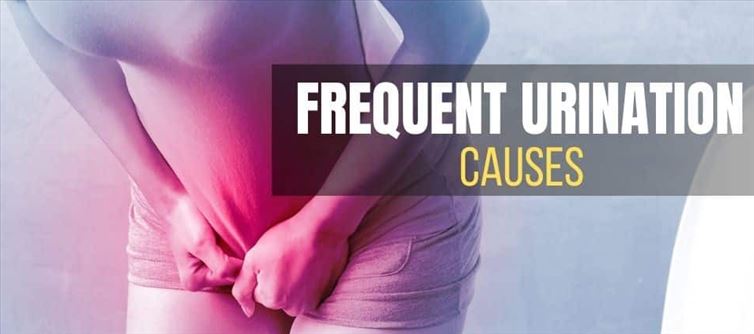
While waking up to use the restroom once in a while is natural, doing so frequently can interfere with sleep and have negative effects on general health. Nocturia is a sign of underlying medical conditions that need to be addressed rather than an illness in and of itself.
The top 7 medical disorders that might lead to frequent urination, particularly at night, are covered in this article.
Do you get the urge to go to the bathroom a lot at night? Here are the hidden conditions you must be suffering from:
Another medical condition that might cause nocturia is diabetes. Increased urine output and extreme thirst are two effects of high blood sugar levels. Urinating often is a common side effect of the body's attempts to get rid of extra glucose. people with diabetes may feel this feeling more strongly at night, especially if they are not taking good care of their health.
Frequent urination, particularly at night, can also be a symptom of urinary tract infections. Even when the bladder isn't full, UTIs irritate it and cause a persistent need to pee. women are more prone to UTIs, which can cause more serious consequences if they are not addressed. Early detection of UTI symptoms is essential for successful treatment and alleviation.
An intense need to pee often, usually at night, is a symptom of an overactive bladder. No matter how much pee is in the bladder, this can still happen. An increased need to pee may result from involuntary spasms of the bladder muscles in those who have this illness. Depending on how severe the symptoms are, treatment options might include anything from medication to lifestyle modifications.
Some drugs, especially diuretics, which are frequently used for heart problems or high blood pressure, might cause excessive urination. These drugs promote the body to eliminate extra fluid, which may lead to more frequent toilet visits, particularly at night. If you believe that your medicine is influencing your bladder habits, you must speak with a healthcare professional.
Nocturia can also be a symptom of sleep apnea, a disorder marked by breathing problems while you sleep. people who have sleep apnea frequently have interrupted sleep, which makes them more likely to urinate at night. Lower oxygen levels may cause the body to produce more pee, which would lead to more frequent trips to the bathroom. Therefore, problems with midnight urination can be resolved by treating sleep apnea.
Therefore, the next time you have frequent urination, especially at night, be sure to see a doctor or other specialist to monitor your general health and determine whether you have any underlying concerns.




 click and follow Indiaherald WhatsApp channel
click and follow Indiaherald WhatsApp channel